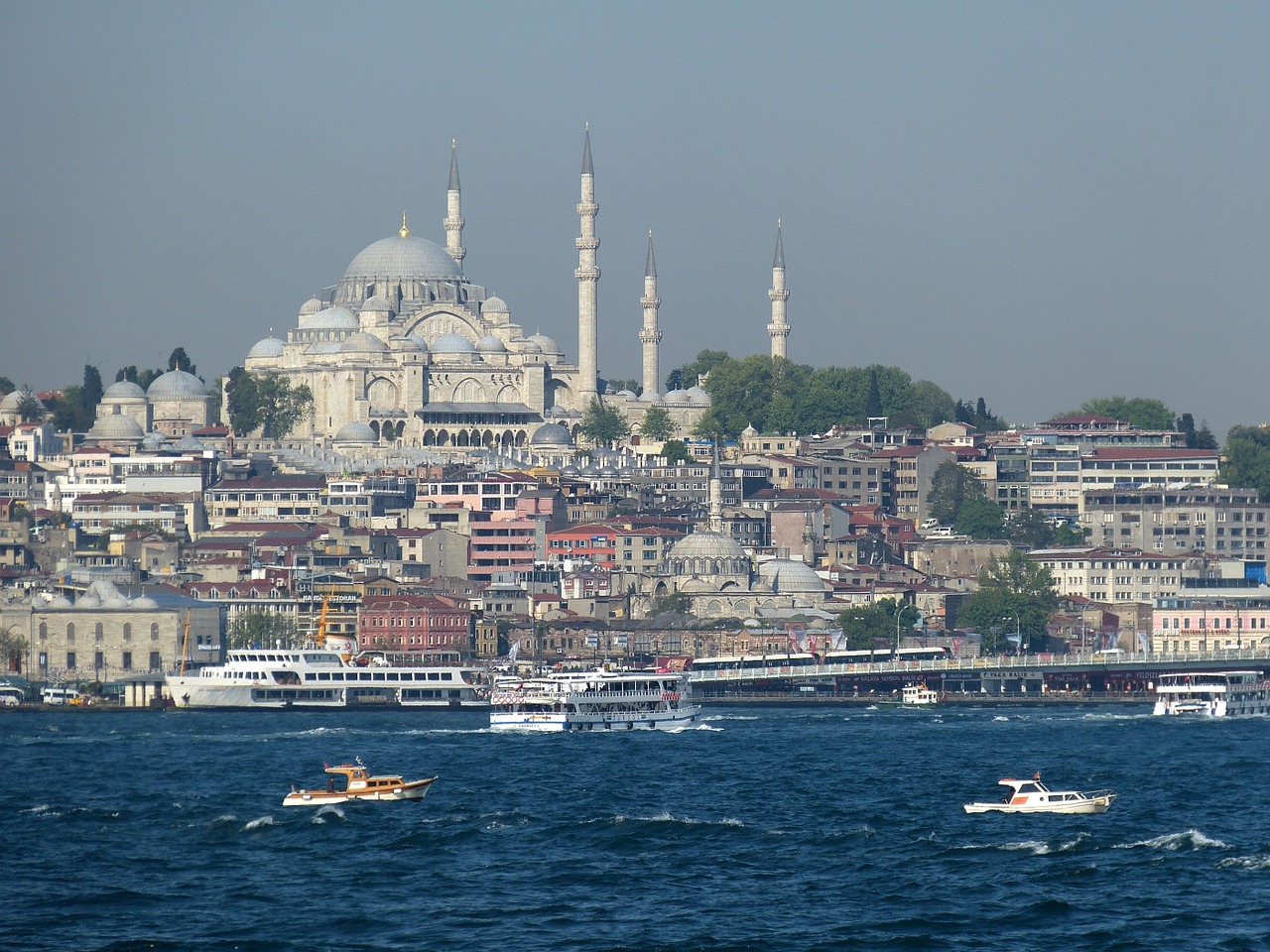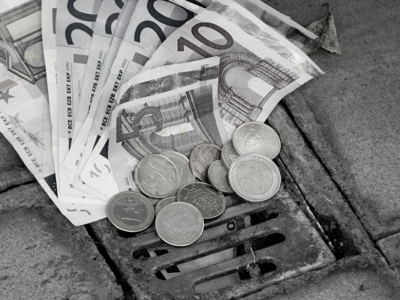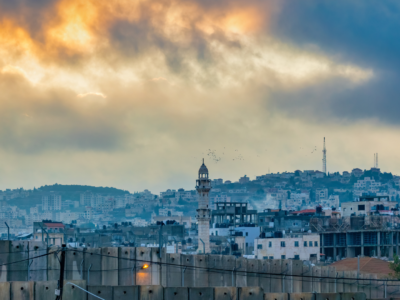Turkey’s ‘Asia Anew’ Initiative and Antalya Diplomacy Forum

04/04/2022
Two key Turkish Foreign Policy platforms played a joint role during March 2021; ‘Asia Anew’ and Antalya Diplomacy Forum. The Antalya Diplomacy Forum was held on March 11-12-13. The first meeting between Ukraine and Russia after the war was also held at the Antalya Diplomacy Forum. This key meeting was hosted by Turkey’s Foreign Minister Mevlut Cavusoglu, with Russian Foreign Minister Sergey Lavrov and Ukrainian Foreign Minister Dmytro Kuleba taking part. Under the new Turkish Foreign Policy initiative, one of the main themes was Asia.
Turkey has been struggling to find its diplomatic role since the end of the Cold War. Due to Turkey’s geostrategic position between Asia and Europe, and its long border with the Middle East, Turkey has maintained a ‘balanced diplomacy’. Its strong economic and political ties with the ‘western-oriented world’ kept Turkey focused on developments in the ‘West’. After the collapse of the Soviet Union, it rediscovered its ties with Central Asia and has recently started focusing on East and South-East Asia. In this sense, ‘Asia Anew’ and the Antalya Diplomacy Forum play a notable role in recoding Turkish Foreign Policy.
In this regard, the Turkish Ministry of Foreign Affairs officially announced the ‘Asia Anew’ Initiative as “Turkey’s Enterprising and Humanitarian Foreign Policy vision” in 2019. This year, Turkey is focusing on Asia systematically rather than with slogans. The Turkish government aims to seize development opportunities in Asia and not choose an axis. As part of its multidimensional foreign policy, Turkey aims to unite Asia and Europe, making Turkey itself the axis. Under the vision of ‘Asia Anew’, Turkey has started rebuilding and adjusting its ties with Asian countries. For instance, with Turkey’s strong support for China’s ‘Belt and Road Initiative, Turkey’s ‘Middle Corridor Initiative has found a common platform to develop.
The Forum is a high-level gathering of professionals that hosts political leaders, diplomats, opinion makers, and academics. It aims to focus on global and regional issues and provide a platform for solutions. Diplomacy is the most significant communication tool in such a scenario. In this sense, Turkey with Antalya Diplomacy Forum strengthens its global role.
The 2nd Antalya Diplomacy Forum was held on various major topics this year. The forum was organized under the motto of “Recoding Diplomacy”, which refers to the assumption of the unexpected such as Covid-19 and economic and political crises. At the forum, one of the most important panels covered ‘Cooperation and Competition in the Asia-Pacific’. This year’s forum hosted 17 heads of state and government, 80 ministers, and 39 senior executives of international organizations; it hosted opinion leaders from 75 countries and representatives of approximately 40 percent of the world’s states. It also hosted almost 600 journalists from 27 countries. During the forum, Turkish President Recep Tayyip Erdogan called for reform in the international system and emphasized that global governance faces reiteration of conflicts, so world leaders need to take action to end these repeated problems.
In this sense, Antalya Diplomacy Forum 2022 helps Turkey to deepen relations with the Asia – Pacific Region. The forum is a great opportunity to introduce ‘Asia Anew’ to more countries. Participation profiles show Turkey’s focus on the region. Participation by the Prime Ministers and Ministers of Foreign Affairs of ASEAN’s strong economies like Indonesia, Thailand, the Philippines, and Vietnam shows their strong support to the forum. Lastly, the Foreign Economic Relations Board of Turkey (DEİK) organized an “Asia Anew: For Sustainable Economic Growth” round table meeting that hosted ministers of foreign affairs and leaders of NGOs from across Asia and the Turkish business world. Participants discussed the Asian economy’s future and sustainable development and cooperation in Asia.
Turkey’s ‘Asia Anew’ Vision and Rising Asia
Turkey ranked 5th largest diplomatic network globally with 253 diplomatic and consular missions. Turkey follows “strong on the ground and at the table” and “Enterprising and Humanitarian” principles in its foreign policy. Turkish Foreign Policy has been concentrating on Sub-Saharan Africa, Latin America, and, East & South Asia in the last decade. Among those regions, Asia is one of the focus regions under Turkey’s main scope. Turkey has attached great importance to the region. Many of the aforementioned diplomatic missions have been established in recent years in Asia. For instance, since 2010, embassies have opened in Myanmar, Sri Lanka, Brunei, Cambodia, and Laos. Moreover, these countries have returned the compliment, with Cambodia opening its embassy in Turkey in 2022 for example. These developments will make Turkey more connected to the region as well as making the region more connected to Europe.
The Asia-Pacific region is home to more than half of the world’s population and covers one-third of global trade. The Asia-Pacific region is expected to contribute more than half of the global GDP by 2040 and more than half of global production by 2050. According to data released by economists from the World Bank (ADB), economies across developing Asia hit a growth rate of 7% in 2021 and are projected to grow by 5.3% in 2022.
Turkey aims to extend its cooperation and also solve trade deficit problems with Asian countries. ‘Asia Anew’ should bring deeper understanding and help the trade deficit issue that Turkey is facing. Therefore, these countries have mutually beneficial economic relations as well as win-win cooperation. Rising high value-added sectors from both sides open new beneficial cooperation areas, such as defense, finance, infrastructure, transportation, logistics, and energy.
Example of Defense Sector
The Turkish Defense Sector in the region has been a rising star in recent years. Currently, the Turkish defense sector can now meet the majority of the needs of the Turkish Armed Forces with domestic products produced by the national intellectual capital. Turkish armed drones (UAV) have achieved significant results in the Nagorno Karabakh war, Syria, Libya, and recently in the Russian war in Ukraine. Turkey has established joint production relations with India and Pakistan. Pakistan and the Philippines have shown considerable interest in Turkish ATAK combat helicopters. Moreover, Turkish armored vehicles are being welcomed in Southeast Asian countries like Malaysia and Bangladesh. For instance, Indonesia and Turkey strengthened aerospace cooperation with a new deal in 2021. Furthermore, Bangladesh and Turkey signed a new security and counterterrorism deal in 2022. Besides that, Turkey has completed the production of the first batch of KAPLAN MT Medium Class Tanks that were developed in partnership with Indonesia in 2022. Moreover, Turkey and Pakistan’s governments have declared that the two countries plan to jointly produce their first fighter jet together. In short, These interactions will bring political consequences and long-term gains for both sides.
Conclusion
Turkey is not having an ‘Axis Shift’, nor can it consider a single axis alliance. Turkey’s main motivation is to pursue an active and multidimensional foreign policy. In the first and second Antalya Diplomacy Forums, Turkey has shown its future direction of foreign policy. Turkey is cherry-picking its limited diplomacy area in the current complicated global juncture. Turkey can use its growing and deepening ties with the Asia – Pacific region to set a positive agenda with the West. Turkey is a regional power, a fast-growing market with a dynamic business community. Turkey’s geographical proximity makes the country a favorable option to invest in and cooperate with. Furthermore, Turkey’s multidimensional and active foreign policy might create an expanded business network across Asia in various sectors.
Ahmet Faruk ISIK is a Ph.D. candidate in the Department of Comparative Politics and Area Studies at Shanghai International Studies University. He is a researcher at the Italy Torino World Affairs Institute and a research assistant at the Shanghai Academy of Global Governance and Area Studies (SAGGAS). ISIK is currently working at the Foreign Economic Relations Board (DEIK) as a coordinator for the Turkey/Asia-Pacific Business Council in Istanbul.


